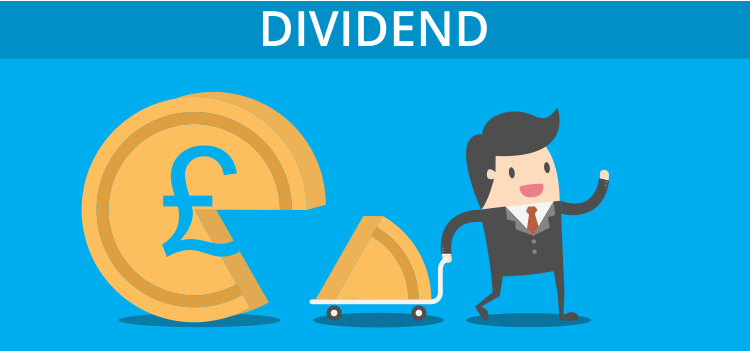What is a dividend?
Like this page? Share it with your friends
Facebook
Twitter
LinkedIn
WhatsApp
Email
Print
A dividend is a payment made by a company to its shareholders. Dividends represent a portion of a company’s profit that is distributed among its shareholders. Dividends are usually paid out in cash, although they can also be distributed as shares.
The law on dividends is governed by the Companies Act 2006, which sets out the rules and procedures for the payment of dividends by companies registered in the UK. The main provisions of the Act state that companies can only pay dividends out of their distributable profits, which includes their reserves and profits earned in previous financial years.
Before a company can pay a dividend, it must first determine the amount of its distributable profits. This is calculated by subtracting any prior losses and expenses from the company’s total profits. The company must also take into consideration any legal requirements or restrictions on the payment of dividends.
Once the company has calculated its distributable profits, it can consider paying a dividend to its shareholders. The amount and timing of the dividend is determined by the company’s board of directors, who must consider various factors such as the company’s financial position, future investment plans, and any other relevant considerations.
Shareholders who are entitled to receive a dividend have the right to attend and vote at the company’s annual general meeting. At this meeting, they will be asked to approve the board’s proposal to pay a dividend. If the proposal is approved, the company will then make the dividend payment to its shareholders.
It is important to note that not all companies pay dividends. Some companies may choose to reinvest their profits into the business instead of distributing them to shareholders. Additionally, not all shareholders are entitled to receive dividends. The company’s articles of association will usually set out the rules governing the payment of dividends, such as the minimum number of shares a shareholder must hold in order to receive a dividend.
In summary, a dividend is a payment made by a company to its shareholders out of its distributable profits. The amount and timing of the dividend is decided by the company’s board of directors and is subject to legal requirements and shareholder approval. Dividends are an important way for shareholders to receive a return on their investment in a company.

Our service to you
If you are a self employed, business owner/director of company looking to get your accountancy and taxation matters sorted, look no further. We, at Naail & Co, are pro-active and easily accessible accountants and tax advisors, who will not only ensure that all your filing obligations are up to date with Companies House and HMRC, but also you do not pay a penny more in taxes than you have to. We work on a fixed fee basis and provide same day response to all your phone and email enquiries. We will also allocate a designated accounts manager who would have better understanding of your and business financial and taxation affairs. Book a free consultation call using the link below.
Related pages:
Get further information from the following pages;
Related Blogs:
Get further information from the following blogs;
Work from home tax relief for sole trader/self employed
Subscribe to our newsletter
BUSINESS HOURS
Monday – Friday
- 9:00 am – 5:30 pm
Pages:
Menu








